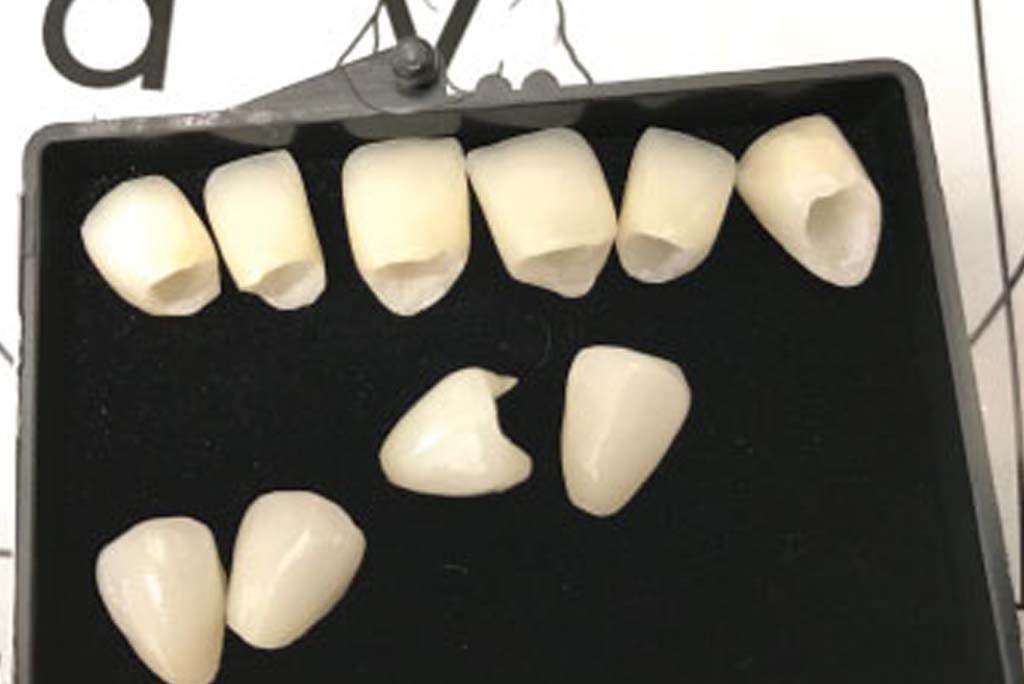Dental Crowns and Bridges
Dental crowns and bridges are fixed structures that either replace missing teeth or cover up existing teeth to hide all deformities. If you are searching for dental crown near me, schedule your dentist appointment with our dentists now. Book your appointment online.




